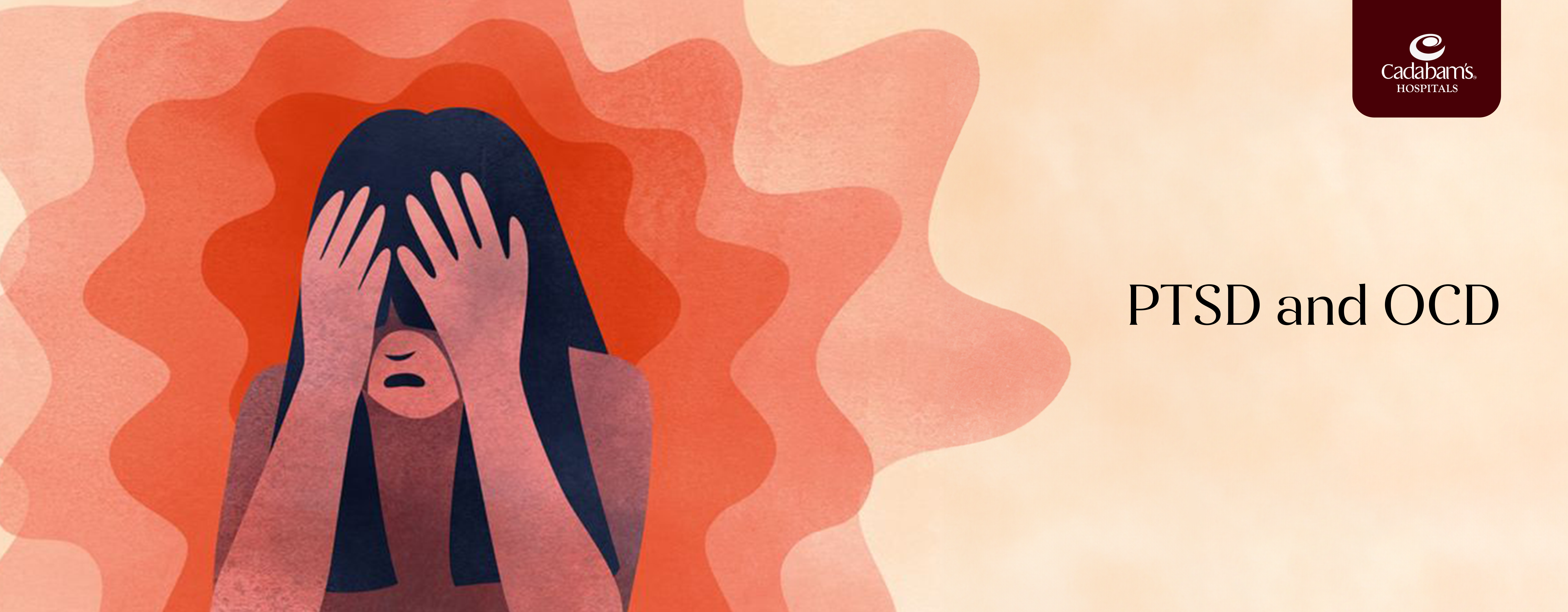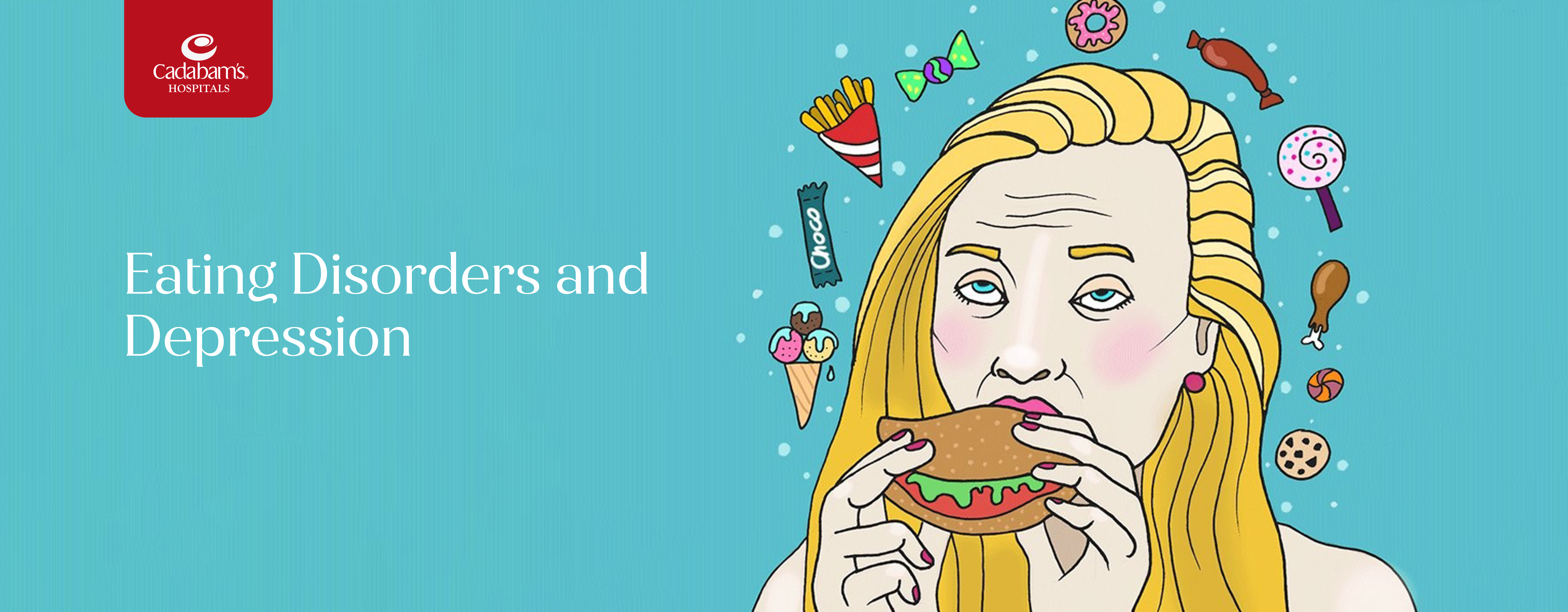Table of Content
Psychological first aid is the “humane, supportive response to a fellow human being who is suffering and who may need support” as described by Inter-Agency Standing Committee and The Sphere Project. It is the support given to an individual suffering from an immediate crisis event.
One of the essential components of PFA is good communication. PFA requires the helper to be calm and understanding towards then and listen to them, but if they are not willing to talk, the helper should not pressurize them.
Before helping others, PFA emphasizes on the helper to be prepared for the situation. This can be done by gathering information about:
- What exactly happened?
- What are the services available, such as medical attention and food, and where?
- Whether the crisis event is completely over or will it continue, if it does, what are the possible dangers?
PFA works on three principle, look, listen and link.
Look:
- For safety- This includes finding out what is the present condition of the area. If the area is dangerous, is it possible to reach there without harming self and others.
- For anyone who requires immediate attention- Finding out if there is any one in need for immediate care such as medical or clothing or food.
- For people who are in extreme distress- There might be people who might have rather serious reaction like not responding to anyone around or not able to move. The helper needs to make sure that these people are addressed and not left alone until they are fine or in good care.
Listen (or approach):
- To people in need- While approaching PFA requires the helper to always introduce themselves and the organization they belong. Always ask before helping and finally find a safe place to talk.
- Make them feel safe- This can be done by addressing their practical needs and protecting their privacy from media exposure.
- To their concerns and needs- Once providing the practical needs, ask them what is most important to them in that situation and try addressing it.
- To their stories: People at these situations may want to talk about how they felt during the crisis or about their lives, the helpers are to be calm and listen to them.
Link:
- Once the helper is aware about the people’s needs they can specifically provide them. If it is not possible they can help the people read the services that would help them address those needs.
- People at these times are overwhelmed and confused. The helpers can enable them to recognize their needs and address them based on their priority. It is also necessary to help the people find support for themselves like friends and family.
- Help them to recognize their coping abilities from the past and apply them. Encourage positive coping styles and avoiding the use of negative coping styles.
- Give them accurate information about the services available, about their family members, their safety and their rights.
- Ensure that they stay together with their family and contact other people who they need such as any religious leaders.
- PFA also encourages the victims to help other people in need.
For ending the help PFA requires the helpers be the judge of the situation. However they need to ensure that the people’s needs are addressed and always explain to them before leaving.
PFA also specially emphasizes the ways to help individuals who need special attention such as children separated from parents or whose parents are no more, individuals with physical or mental disabilities and people who are vulnerable to discrimination. It also requires the helpers to take care of their healthy and manage their stress in order to help others.
Psychological First Aid is a new approach adopted by many national and international agencies to address the emotional distress of people in crisis. It takes in to consideration the condition of the victims as well as the helpers. Since PFA does not require a professional skill, help will only reach faster to people in need.
How Cadabam's Help you for Addiction?
- 410+ Professional Consultants
- 1,00,00+ Happy Faces
- 120+ Currently Seeking Treatments











